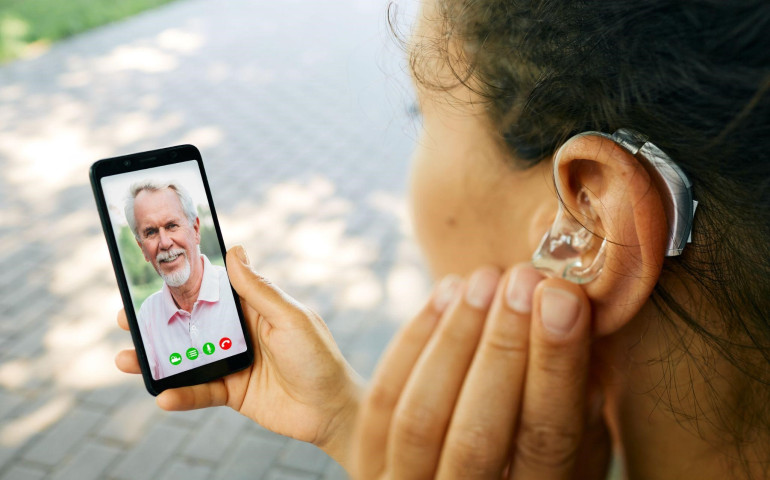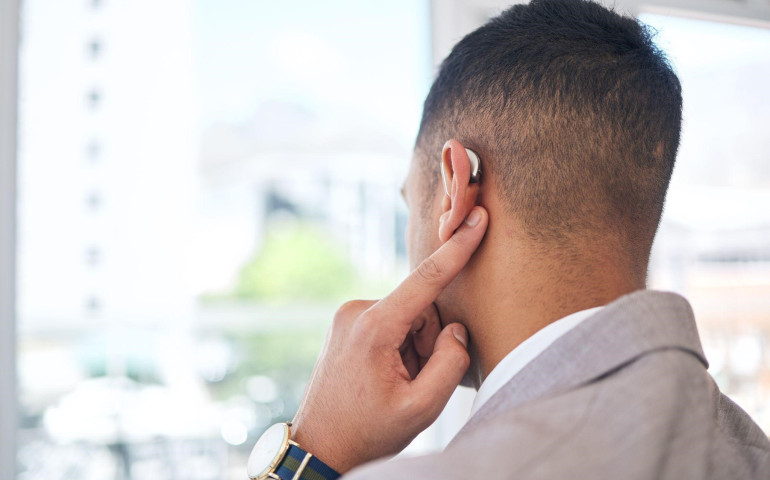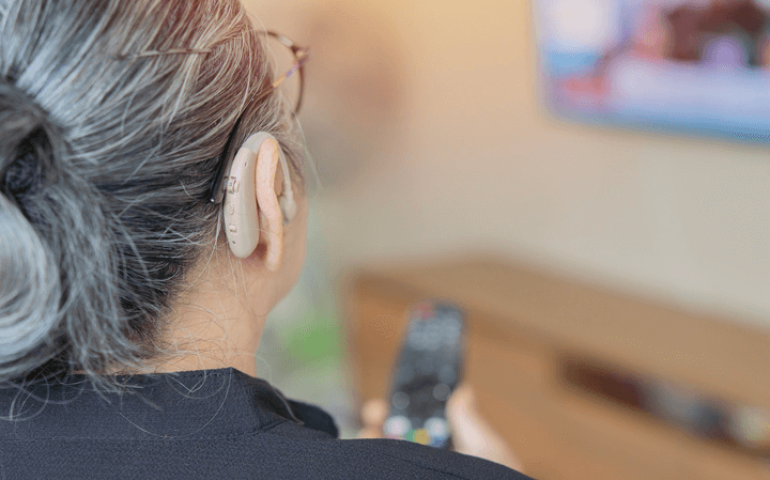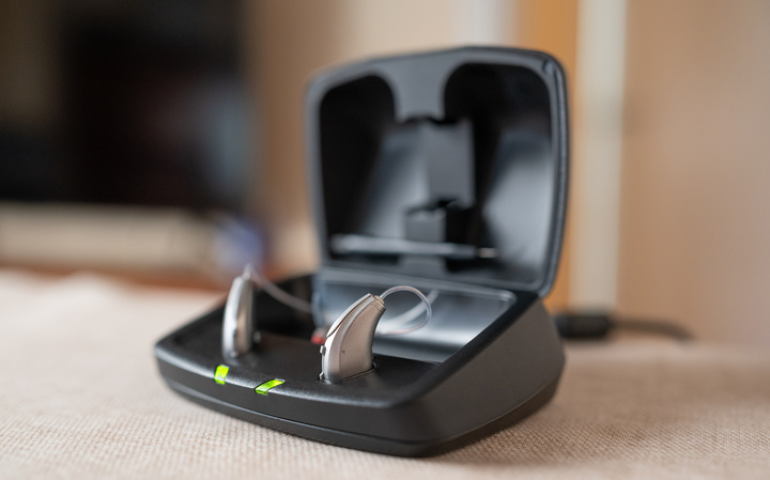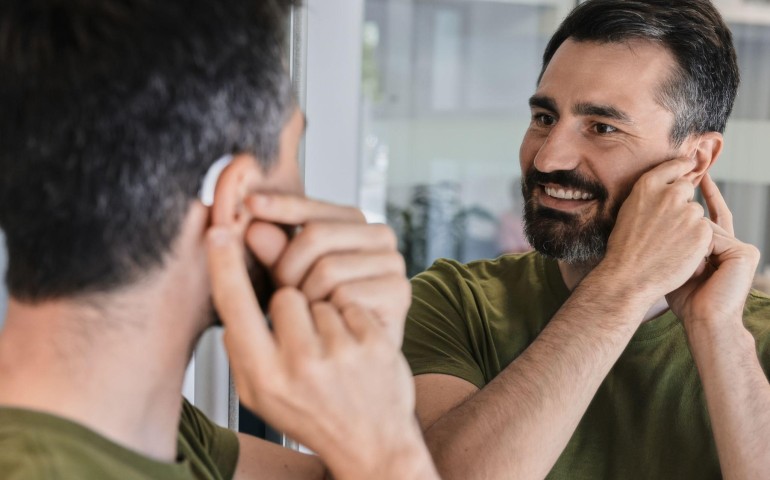Does Cold Weather Affect Hearing Aid Batteries?
Does Cold Weather Affect Hearing Aid Batteries?
Hearing care is of the utmost importance to many people. However, hearing aids can be expensive, so they should be taken care of accordingly. That includes giving their batteries the necessary attention; helping them to work well as long as possible. Below are suggestions for longer-lasting hearing aid batteries, especially in cold winter weather.
Reduced Battery Life
Zinc-air batteries are the most common type of hearing aid batteries. Zinc-air batteries are sensitive to colder air temperatures, dry air, and humidity, all of which reduce the available voltage and cause them to run out faster.
Keep Your Hearing Aids Dry, Clean, and Warm
Wearing earmuffs, a hat, or a headband not only keeps your ears and head warm, but they can prevent condensation and help keep sweat from going into or behind your ears. A hearing aid dehumidifier is inexpensive and helps to protect the aid's delicate circuitry. Some also can clean and sanitize.
Condensation
The hearing aid’s surface becomes cold when temperatures drop. Water condenses on the cold surface when you go indoors. Sweating can lead to water getting inside the hearing aid devices, which can lead to electrical damage. Moisture can also cause static. The hearing aid’s sound can begin to fade or be distorted, being garbled or cutting out, or even ceasing to work for a period. Avoid further damage by not using them during outdoor activities.
Remove the Battery
Open the battery compartment and remove the batteries when the aids are not in use. This allows the hearing aids to dry and prevents power drainage. Hearing loss requires careful and appropriate hearing care for your hearing aids to do their job. Being able to socialize and take part in what is being said around you is vitally important to your mental health.
Contact Beltone Skoric Hearing Center today for more information and to have experienced audiologists answer any of your hearing questions, solve any problems, and help you to hear better.


